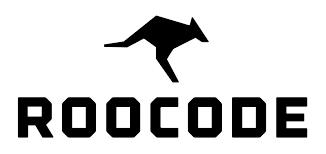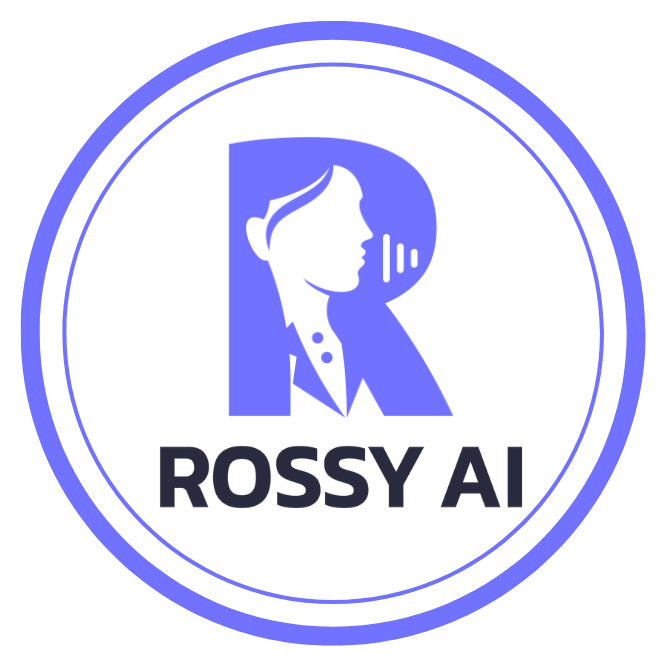
RooCode

Roo Code is an open-source autonomous coding agent that works inside Visual Studio Code. It helps developers write, debug, and improve software by understanding project context and executing multi-step coding tasks. Roo Code connects to large language models like OpenAI or Gemini, runs commands, edits files, and refines code automatically, making it a powerful AI companion for modern software development.
RooCode Details
Ready to try RooCode?
Check out RooCode for pricing and explore how it can streamline your workflow.
Overview of RooCode
What Is Roo Code
Roo Code is an open-source autonomous coding agent that integrates directly into Visual Studio Code. It acts as a developer assistant that can read, write, debug, and evolve software with minimal human intervention. Roo Code maintains context across sessions and can execute terminal commands, interact with browser elements, and manage complex code workflows.
Originally built as an evolution of Roo Cline, Roo Code extends the capabilities of coding agents by offering deeper integration with the development environment and more customization for real-world use.
How To Use Roo Code
- Install the VS Code extension
Roo Code can be added from the Visual Studio Code marketplace. - Configure your AI provider or model
You can connect Roo Code to models through OpenAI, OpenRouter, Google Gemini, or other supported endpoints. - Define modes and roles
Roo Code supports different modes such as Code mode, Architect mode, Ask mode, Debug mode, and Orchestrator mode, each designed for specific workflows. - Work in your editor
Roo Code operates inside your code editor. It can open files, apply diffs, run commands, and interact with the browser when needed. - Iterate, debug, and refine
Roo Code supports iterative development. You can ask it to refine, fix, or optimize generated code across multiple steps while it maintains memory and context. - Monitor and evaluate
Roo Code includes an Evals feature that tests large language models across programming tasks so you can choose the best model for your needs.
Roo Code Key Features
- In-editor integration: Work directly within VS Code without leaving your workflow.
- Autonomous coding and debugging: Roo Code can propose, execute, and correct code changes automatically.
- Multi-mode behavior: Modes such as Architect or Debug let Roo Code adapt to different development stages.
- Terminal and browser control: Execute shell commands, capture logs, and run browser-based actions.
- Model evaluation (Evals): Test and compare models on real coding tasks before deployment.
- Open source and extensible: Customize behavior, extend tools, and contribute to the growing community.
- Bring Your Own Key (BYOK): Connect your own API keys for cost and model control.
- Performance enhancements: Features like context compression, indexing, caching, and loop detection improve reliability and speed.
Roo Code Use Cases
- AI co-development: Use Roo Code as a collaborative coding partner to generate, refactor, or review code.
- Bug hunting and debugging: Let Roo Code analyze errors, propose fixes, and test solutions automatically.
- Architectural planning: Use Architect mode to design modules, APIs, or system structures.
- Interactive prototyping: Quickly build and iterate on applications within your editor.
- Browser and UI testing: Automate front-end workflows, capture screenshots, and analyze logs.
- Model evaluation experiments: Benchmark and compare AI models using the built-in Evals tool.
Roo Code FAQ
Is Roo Code free or paid?
Roo Code is open source and free to use. You only pay for the API usage of your selected model provider.
Does Roo Code store my code or data?
No. Roo Code operates locally within your editor and does not store your code or data externally.
Which models work with Roo Code?
Roo Code supports multiple model providers including OpenAI, OpenRouter, and Google Gemini.
Is Roo Code suitable for production systems?
Yes. Roo Code can be used for real development workflows when configured properly and reviewed by developers.
How does Roo Code compare to Copilot or Cursor?
Unlike tools that only provide code suggestions, Roo Code acts as an autonomous agent capable of reasoning about complete tasks, managing multi-step actions, and interacting with your environment directly.
Why We Featured Roo Code on Add AI Agents
At Add AI Agents, we focus on tools that transform AI into true collaborators. Roo Code stands out for bringing autonomous coding intelligence directly into the developer workflow. It assists with reasoning, debugging, and iterative coding while keeping developers in full control of the process. For anyone looking to enhance productivity with intelligent automation inside their IDE, Roo Code is a top choice.
Ready to try RooCode?
Check out RooCode for pricing and explore how it can streamline your workflow.
Explore More AI Agents
Discover other AI agents and tools to enhance your workflow and productivity.
Browse All AgentsSimilar to RooCode
View All Agents →
ZBrain
ZBrain is an enterprise-grade AI platform that helps organizations design, assess, and deploy AI solutions across every department. It combines strategic planning, readiness analysis, and low-code agent building into one unified ecosystem. Companies can automate workflows, connect proprietary data, and build custom AI applications while maintaining full security and governance. With multi-model support, enterprise integrations, and a scalable architecture, ZBrain is built for teams that want powerful AI automation without sacrificing control, compliance, or data privacy.

Antigravity
Antigravity is an agent driven development platform from Google that allows AI agents to write, test and validate software inside a complete desktop environment. It gives agents controlled access to the editor, terminal and browser so they can generate code, run applications and provide clear evidence of their work through artifacts like plans, diffs and recordings. By combining multi model intelligence with autonomous task execution, Antigravity acts like a dependable engineering partner that handles routine development, verifies results and supports higher level workflows. Its dual workspace system and multi agent coordination features help teams move faster, maintain cleaner code and build software with greater confidence and efficiency.

Devlo
Devlo is an AI powered engineering partner that helps software teams build, review, and maintain code with greater speed and consistency. It connects directly to your repositories and development workflow to automate issue resolution, generate pull requests, analyze code quality, and support day to day engineering tasks. By combining code understanding, workflow automation, and intelligent collaboration features, Devlo acts like an always available teammate who can handle routine work, enforce best practices, and improve overall productivity. With integrated project management, code analysis, and automated contributions, Devlo helps teams scale development output while keeping codebases clean, secure, and well organized.
Trending AI Agents
View All Agents →
Rossy AI
Rossy AI is a 24/7 AI voice agent that answers business phone calls with a natural, human-like voice. It helps companies handle customer inquiries, qualify leads, book appointments, and route calls to human agents when needed, ensuring no inbound call is missed.

Candy AI
Candy.ai is an AI companion and virtual dating platform where users create and chat with customizable AI characters. You can personalize your companion’s appearance, personality, and conversation style. The platform supports immersive chat, image generation, private conversations, and mature content for consenting adults. Basic features are free, with premium upgrades available for unlimited access.

Codemender
CodeMender is an AI powered security agent that automatically detects, analyzes, and repairs software vulnerabilities at scale. It combines advanced program analysis, multi agent reasoning, and automated validation to help developers secure their codebases with greater speed and accuracy. By integrating debugging tools, static and dynamic analysis, fuzzing, and intelligent patch generation, CodeMender can identify root causes, create high quality fixes, and rewrite unsafe code patterns before they become exploitable. With autonomous reasoning, safety checks, and human review workflows, CodeMender gives teams a reliable way to maintain secure code, eliminate entire classes of vulnerabilities, and strengthen the long term resilience of their software.
